November 30 stands as one of history’s most eventful days, witnessing the rise and fall of empires, groundbreaking discoveries, and moments that shaped our modern world across centuries of human achievement.
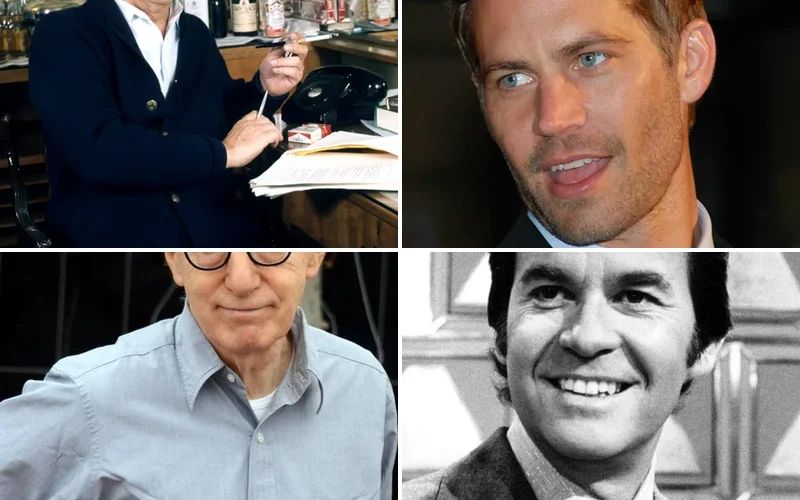
Politics and Government Events on November 30
1966 – Barbados Becomes Independent from the United Kingdom
The Caribbean island nation of Barbados achieved full independence from British colonial rule on this historic date. Prime Minister Errol Barrow led the new nation as it transitioned from colonial administration to self-governance.
The independence ceremony marked the end of over 300 years of British control. Barbados became the easternmost sovereign nation in the Caribbean, establishing its own democratic institutions and international relations.
1967 – People’s Republic of Southern Yemen Gains Independence
Southern Yemen successfully broke free from British colonial administration after years of nationalist struggle. The newly formed socialist state emerged from the former Aden Protectorate and South Arabian Federation.
British forces completed their withdrawal from this strategically important region. The independence established Southern Yemen as a Marxist state that would later merge with North Yemen in 1990.
1971 – Iran Seizes Greater and Lesser Tunbs Islands
The Iranian military executed a swift occupation of the strategically located Tunb islands in the Persian Gulf. Iranian forces displaced the small UAE police contingent stationed on these disputed territories.
The seizure created lasting diplomatic tensions between Iran and the United Arab Emirates. These islands remain under Iranian control despite ongoing international disputes over their sovereignty.
1999 – Bill Clinton Supports Northern Ireland Peace Process

President Clinton delivered a powerful speech to massive crowds at Belfast City Hall, championing the ongoing peace negotiations. His address directly challenged IRA militants, dismissing them as “yesterday’s men” in a changing world.
The presidential visit provided crucial international support for the fragile peace process. Clinton’s intervention helped sustain momentum for the Good Friday Agreement implementation.
2021 – Barbados Becomes a Republic
Barbados officially transitioned from a constitutional monarchy to a republic, removing Queen Elizabeth II as head of state. Sandra Mason was sworn in as the nation’s first president in an elaborate ceremony.
The historic transformation fulfilled decades of republican aspirations among Barbadian leaders. Prince Charles attended the transition ceremony, symbolically representing the end of the monarchical era.
Military and Naval History on November 30
1939 – Soviet Union Invades Finland
The Soviet Red Army launched a massive invasion across the Finnish border at multiple points simultaneously. Soviet bombers struck Helsinki and other major Finnish cities in coordinated aerial attacks.
The invasion marked the beginning of the brutal Winter War between these neighboring nations. Finnish resistance proved far more effective than Soviet planners had anticipated, leading to unexpected military complications.
1941 – Rumbula Massacre Occurs

SS-Einsatzgruppen forces systematically murdered approximately 25,000 Jews from the Riga Ghetto in this horrific Holocaust atrocity. The massacre represented one of the largest single-day killings during the Nazi occupation.
The victims were transported to the Rumbula forest and executed in mass graves. This tragedy formed part of the broader Nazi campaign of genocide against European Jewish communities.
1942 – Battle of Tassafaronga Naval Engagement
Admiral Raizō Tanaka led a smaller Japanese destroyer squadron to victory against superior American cruiser forces. The night battle demonstrated Japanese tactical superiority in close-quarters naval combat.
American Admiral Carleton Wright’s cruiser task force suffered significant losses despite numerical advantages. The engagement highlighted ongoing Japanese naval effectiveness in the Solomon Islands campaign.
1995 – Operation Desert Storm Officially Ends
Military commanders formally concluded Operation Desert Storm after years of post-war monitoring and enforcement activities. The official ending marked the completion of coalition military objectives in the Persian Gulf region.
Allied forces had successfully liberated Kuwait and dismantled Iraqi military capabilities. The operation’s conclusion established new precedents for international military intervention and coalition warfare.
Science and Discovery Milestones on November 30
1954 – Hodges Meteorite Strikes Alabama Woman
A meteorite crashed through the roof of a Sylacauga, Alabama home, striking Ann Hodges while she napped. This incident represents the only documented case of a human being struck by a meteorite in the Western Hemisphere.
The space rock, weighing about 8.5 pounds, bounced off a radio before hitting Hodges. The meteorite impact caused bruising but no serious injuries, making it a unique scientific and medical case study.
2000 – NASA Launches Space Shuttle Mission STS-97

Space Shuttle Endeavour lifted off carrying the first set of solar arrays for the International Space Station. The mission marked the 101st Space Shuttle flight and a crucial step in ISS construction.
Astronauts successfully installed the massive solar panel arrays during multiple spacewalks. The mission significantly expanded the space station’s power generation capabilities for future scientific research.
2022 – OpenAI Launches ChatGPT
OpenAI released ChatGPT, revolutionizing public access to artificial intelligence technology. The AI chatbot demonstrated unprecedented conversational abilities and problem-solving capabilities.
The launch triggered global discussions about AI’s potential impact on education, employment, and society. ChatGPT’s release marked a pivotal moment in making advanced AI accessible to ordinary users worldwide.
Cultural and Arts Events on November 30
1936 – Crystal Palace Destroyed by Fire

London’s iconic Crystal Palace, the magnificent glass and iron structure from the 1851 Great Exhibition, was completely destroyed by fire. The blaze created a spectacular display visible from across the city.
The Victorian architectural marvel had housed countless exhibitions and events since its construction. The fire’s destruction eliminated one of Britain’s most significant nineteenth-century architectural achievements.
1916 – Costa Rica Signs Buenos Aires Convention
Costa Rica formally signed the Buenos Aires Convention, establishing important copyright protections across Latin America. The treaty created standardized intellectual property rights for authors and publishers.
The convention represented early international cooperation on protecting creative works and publications. Costa Rica’s participation helped establish regional frameworks for copyright enforcement and artistic protection.
1977 – Terence Rattigan Dies
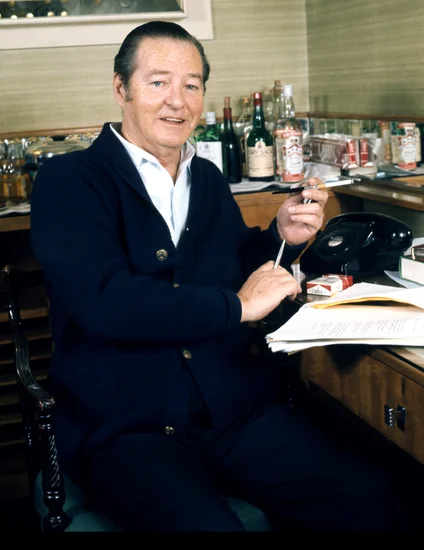
Acclaimed British playwright Terence Rattigan passed away, ending a distinguished career in theater and film. His works including “The Winslow Boy” and “Separate Tables” defined post-war British drama.
Rattigan’s sophisticated writing style influenced generations of playwrights and screenwriters. His death marked the end of an era in British theatrical excellence and dramatic innovation.
Religious and Social Events on November 30
2005 – John Sentamu Becomes Archbishop of York
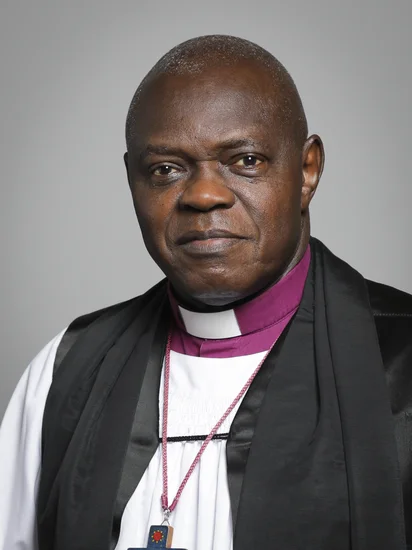
John Sentamu was enthroned as the 97th Archbishop of York, becoming the first black archbishop in Church of England history. His appointment marked a significant milestone in Anglican leadership diversity.
The Ugandan-born cleric brought international perspective to senior church leadership. Sentamu’s elevation represented the Church of England’s growing recognition of its global and multicultural membership.
1924 – Shirley Chisholm Born
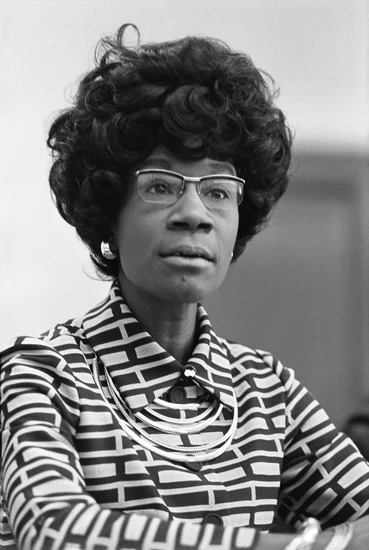
Shirley Chisholm entered the world, destined to become a pioneering American politician and civil rights activist. Her birth marked the beginning of a life dedicated to breaking barriers for women and minorities.
Chisholm would later become the first African American woman elected to Congress. Her groundbreaking career challenged both racial and gender discrimination in American politics.
1943 – Etty Hillesum Dies
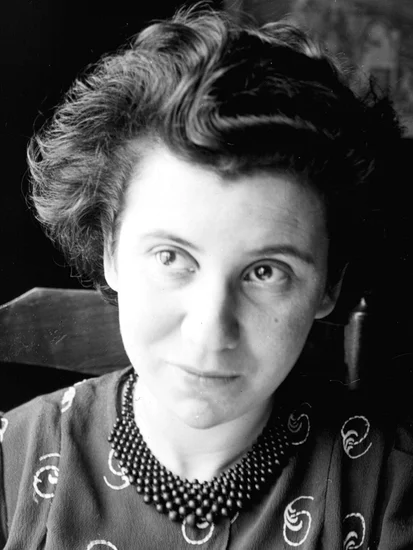
Dutch author and Holocaust victim Etty Hillesum died in Auschwitz concentration camp. Her profound diary entries and letters documented the human spirit’s resilience during Nazi persecution.
Hillesum’s writings provided unique insights into Jewish intellectual and spiritual life during the Holocaust. Her literary legacy continues inspiring readers with messages of hope amid unimaginable suffering.
Business and Economic Events on November 30
1999 – Exxon and Mobil Merge
Exxon and Mobil signed a historic $73.7 billion merger agreement, creating ExxonMobil as the world’s largest corporation. The deal represented the largest corporate merger in history at that time.
The combination united two petroleum industry giants with complementary global operations. ExxonMobil’s formation created unprecedented market power in oil exploration, refining, and distribution worldwide.
1999 – British Aerospace and Marconi Merge

British Aerospace and Marconi Electronic Systems completed their merger, forming BAE Systems as Europe’s largest defense contractor. The consolidation created the world’s fourth-largest aerospace company.
The merger strengthened Britain’s position in global defense markets against American competitors. BAE Systems emerged as a major player in military aircraft, naval systems, and electronic warfare technologies.
1999 – Seattle WTO Protests Disrupt Meeting
Anti-globalization demonstrators overwhelmed Seattle police and forced cancellation of World Trade Organization opening ceremonies. The protests marked a turning point in public opposition to global trade policies.
Thousands of activists blocked streets and disrupted delegate movements throughout the city. The “Battle in Seattle” became a symbol of grassroots resistance to corporate globalization.
Transportation and Infrastructure on November 30
1962 – Eastern Air Lines Flight 512 Crashes

Eastern Air Lines Flight 512 crashed during approach to Idlewild Airport, killing 25 passengers and crew members. The Douglas DC-7B aircraft encountered severe weather conditions during its final approach.
The crash highlighted ongoing challenges with aviation safety during adverse weather conditions. Investigation findings led to improved approach procedures and weather monitoring systems at major airports.
2004 – Lion Air Flight 538 Crashes in Indonesia
A McDonnell Douglas MD-82 operating as Lion Air Flight 538 overran the runway and crashed, killing 25 people. The accident occurred during landing at Surakarta Airport in challenging weather conditions.
The crash demonstrated ongoing aviation safety challenges in Southeast Asian regional aviation. Investigation findings contributed to improved runway safety procedures and pilot training protocols.
2018 – Major Earthquake Strikes Anchorage

A powerful magnitude 7.1 earthquake struck just 24 kilometers from Anchorage, Alaska, causing significant property damage throughout the region. The quake damaged roads, bridges, and buildings across the metropolitan area.
Despite the earthquake’s intensity and proximity to populated areas, no deaths occurred. The event demonstrated Alaska’s improved building codes and emergency preparedness following previous seismic disasters.
Sports and Recreation on November 30
1960 – Gary Lineker Born

English football legend Gary Lineker was born, beginning a life that would culminate in international sporting stardom. His early years in Leicester shaped his development as a natural goal scorer.
Lineker would become England’s leading scorer in World Cup competitions. His clean playing style and sportsmanship made him a beloved figure in English football history.
1962 – Bo Jackson Born

Vincent “Bo” Jackson entered the world, destined to become one of America’s greatest two-sport athletes. His exceptional athletic abilities would revolutionize professional sports participation.
Jackson achieved All-Star status in both NFL football and Major League Baseball. His rare combination of power, speed, and athleticism made him a cultural icon of the 1980s.
1988 – Phillip Hughes Born

Australian cricketer Phillip Hughes was born, beginning a promising career that would captivate cricket fans worldwide. His aggressive batting style and dedication impressed selectors from an early age.
Hughes represented Australia in Test cricket before his tragic death in 2014. His legacy influenced cricket safety protocols and inspired young players throughout Australia.
Notable Births on November 30
1915 – Brownie McGhee Born
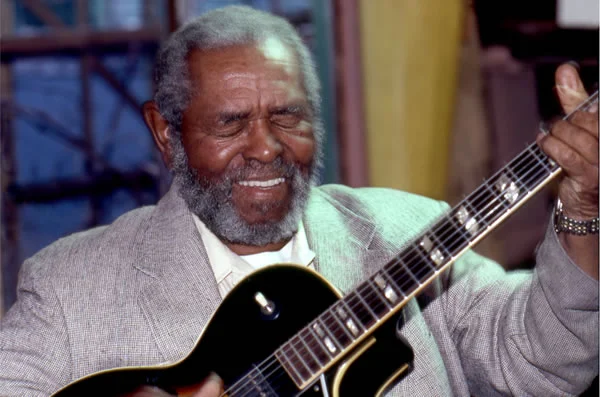
American folk-blues guitarist Brownie McGhee was born in Knoxville, Tennessee. His childhood exposure to traditional music shaped his distinctive playing style and vocal approach.
McGhee became a cornerstone of the American folk music revival movement. His partnership with harmonica player Sonny Terry created some of blues music’s most enduring recordings.
1929 – Dick Clark Born

Television host Dick Clark entered the world in Mount Vernon, New York. His youthful appearance and enthusiasm would make him America’s most recognizable music television personality.
Clark revolutionized popular music broadcasting with “American Bandstand” and “New Year’s Rockin’ Eve.” His career spanned decades, earning him the nickname “America’s Oldest Teenager.”
1937 – Ridley Scott Born
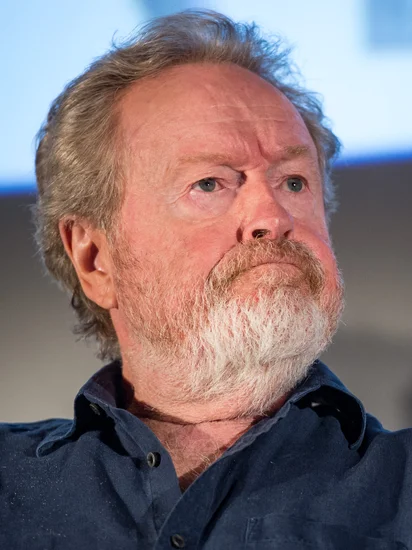
British filmmaker Ridley Scott was born in South Shields, England. His early interest in visual arts and design would influence his distinctive cinematic style.
Scott directed groundbreaking films including “Alien,” “Blade Runner,” and “Gladiator.” His work redefined science fiction and historical epic filmmaking for modern audiences.
1940 – Woody Allen Born

American filmmaker Woody Allen was born Allan Stewart Konigsberg in Brooklyn, New York. His comedic writing talents emerged during his teenage years in New York.
Allen became one of cinema’s most prolific and distinctive directors. His neurotic comedy style and New York sensibility influenced generations of filmmakers and comedians.
1955 – Billy Idol Born
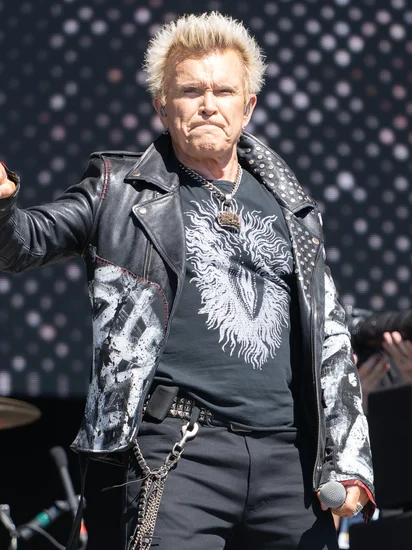
British rock musician Billy Idol was born William Michael Albert Broad in Stanmore, London. His early punk rock experiences shaped his rebellious musical persona.
Idol achieved international success with hits like “White Wedding” and “Rebel Yell.” His platinum blonde hair and leather-clad image epitomized 1980s rock star glamour.
1965 – Ben Stiller Born

American actor and director Ben Stiller was born in Brooklyn, New York. His comedy-writing parents influenced his early exposure to entertainment industry culture.
Stiller created successful films including “Meet the Parents” and “Zoolander.” His comedic timing and directorial skills made him one of Hollywood’s most bankable comedy stars.
1978 – Gael García Bernal Born
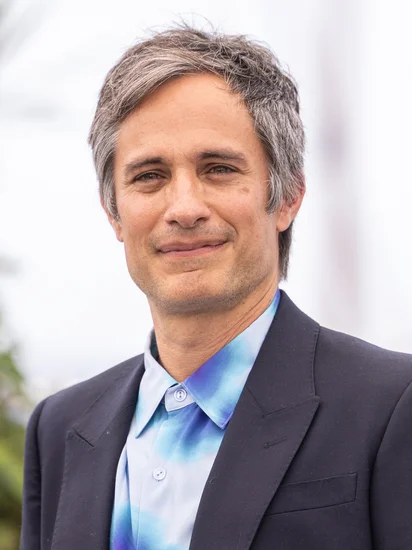
Mexican actor Gael García Bernal was born in Guadalajara, Mexico. His early theater training and cultural awareness shaped his approach to international filmmaking.
García Bernal achieved global recognition through films like “Y Tu Mamá También” and “The Motorcycle Diaries.” His performances brought Latin American cinema to worldwide audiences.
1985 – Kaley Cuoco Born

American actress Kaley Cuoco was born in Camarillo, California. Her early television appearances demonstrated natural comedic timing and screen presence.
Cuoco achieved international fame starring in “The Big Bang Theory” as Penny. Her performance helped make the show one of television’s most successful sitcoms.
Notable Deaths on November 30
1954 – Wilhelm Furtwängler Dies
German conductor Wilhelm Furtwängler passed away, ending one of classical music’s most distinguished careers. His interpretations of Beethoven and Wagner remained unmatched for emotional depth and musical understanding.
Furtwängler led the Berlin Philharmonic through both triumph and controversy during the Nazi era. His conducting style emphasized spiritual connection between performer and audience, influencing generations of musicians.
1979 – Zeppo Marx Dies

The youngest Marx Brother, Zeppo Marx, died at age 78, closing the final chapter of America’s most famous comedy family. His straight-man performances provided essential support for his brothers’ anarchic humor.
After leaving show business, Zeppo became a successful businessman and inventor. His theatrical agent company represented major Hollywood stars, demonstrating his continued entertainment industry influence.
1996 – Tiny Tim Dies
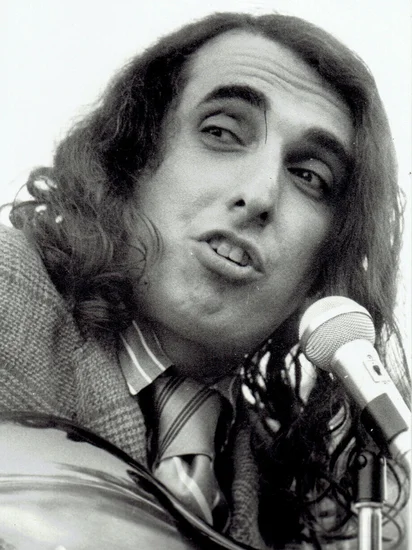
Eccentric entertainer Tiny Tim died after collapsing during a performance at a Minneapolis benefit concert. His falsetto rendition of “Tiptoe Through the Tulips” had made him an unlikely cultural icon.
The ukulele-playing performer’s wedding on “The Tonight Show” became television history. His unique artistry and gentle personality endeared him to audiences despite his unconventional style.
2013 – Paul Walker Dies
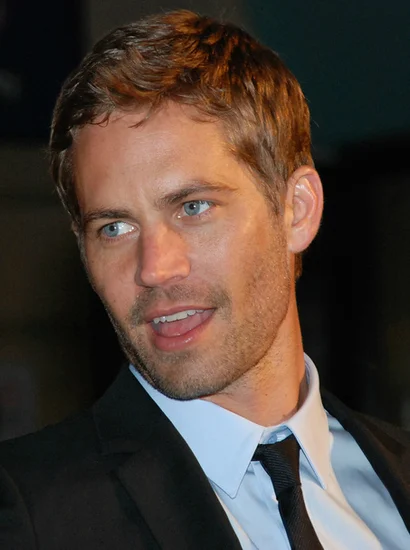
Actor Paul Walker died in a car accident at age 40, shocking fans of the “Fast & Furious” film franchise. His death occurred during a break in filming the seventh installment of the popular series.
Walker’s charitable work and environmental activism demonstrated his commitment beyond entertainment. His death prompted an outpouring of grief from fans and colleagues worldwide, highlighting his positive impact.
2018 – George H.W. Bush Dies

The 41st President of the United States George H.W. Bush died at age 94, ending a lifetime of distinguished public service. His presidency oversaw the end of the Cold War and the Gulf War victory.
Bush’s diplomatic experience and moderate Republican approach defined his single presidential term. His death marked the passing of the last president from the World War II generation.
2022 – Christine McVie Dies

Fleetwood Mac keyboardist and vocalist Christine McVie passed away at age 79. Her songwriting contributions including “Don’t Stop” and “You Make Loving Fun” defined the band’s most successful era.
McVie’s warm vocals and melodic sensibility balanced Fleetwood Mac’s more dramatic elements. Her death represented the loss of one of rock music’s most beloved and talented performers.
Holidays and Observances on November 30
Saint Andrew’s Day
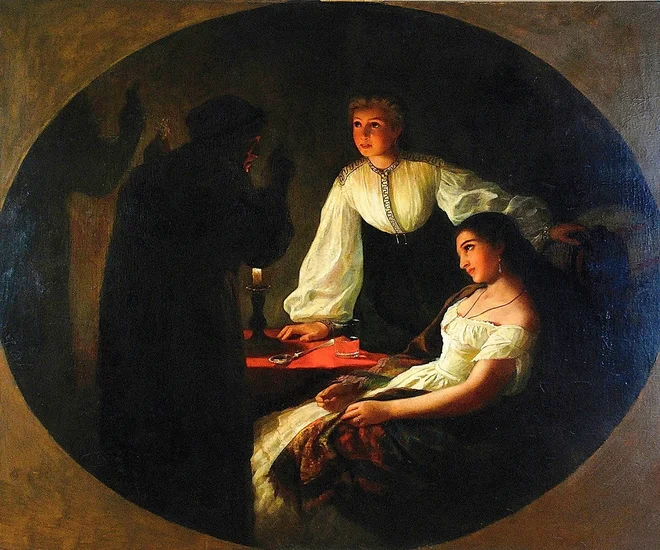
Scotland celebrates its patron saint with traditional festivities, Highland games, and cultural events throughout the country. Saint Andrew’s Day represents Scottish national identity and heritage preservation.
The celebration honors the apostle Andrew, who became Scotland’s patron saint in the medieval period. Modern observances include traditional music, dance, and culinary celebrations across Scottish communities worldwide.
Independence Day in Barbados
Barbados commemorates its 1966 independence from the United Kingdom with national celebrations and cultural festivals. The holiday celebrates the Caribbean nation’s sovereignty and democratic achievements.
Independence Day festivities include parades, cultural performances, and official ceremonies throughout the island. The celebration reinforces Barbadian national identity and pride in their peaceful transition to independence.
Bonifacio Day in Philippines
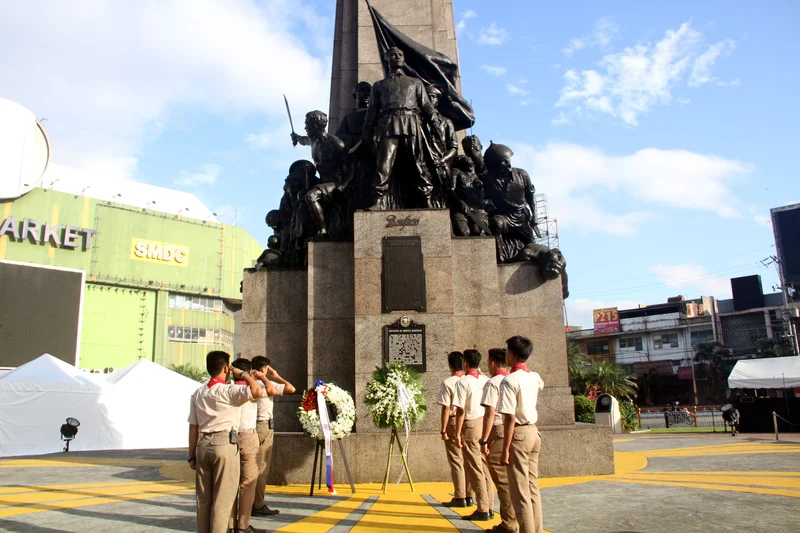
The Philippines honors national hero Andrés Bonifacio with commemorative events and historical reflections. Bonifacio Day celebrates the revolutionary leader who founded the Katipunan independence movement.
The observance includes wreath-laying ceremonies, historical exhibitions, and educational programs about Philippine independence. The holiday reinforces Filipino national identity and remembrance of their struggle for freedom.
